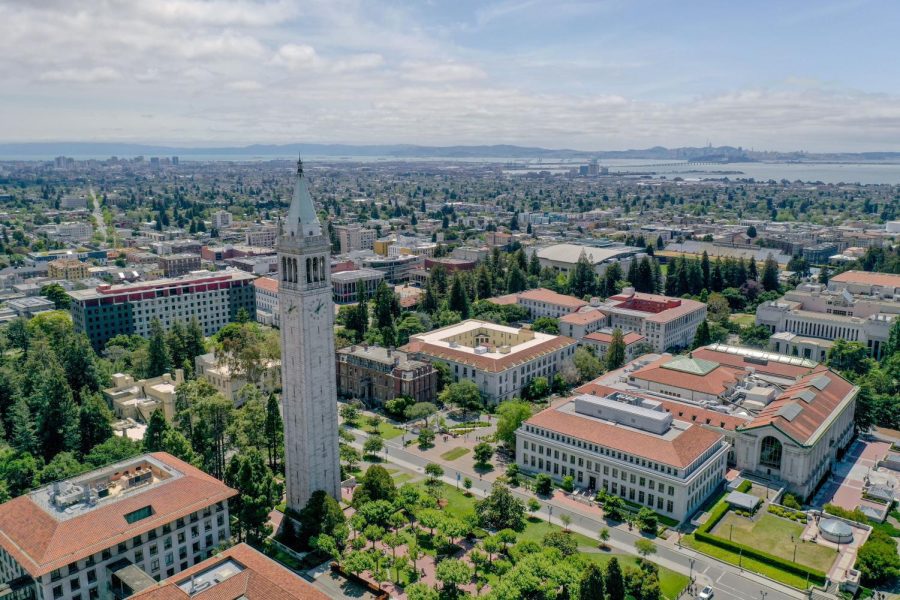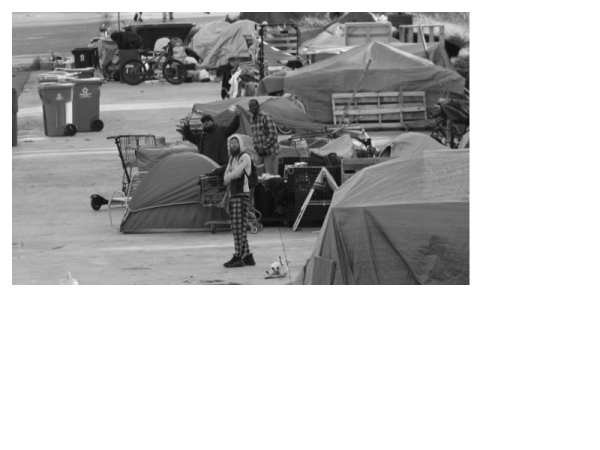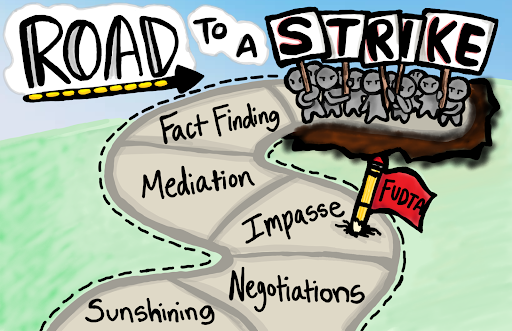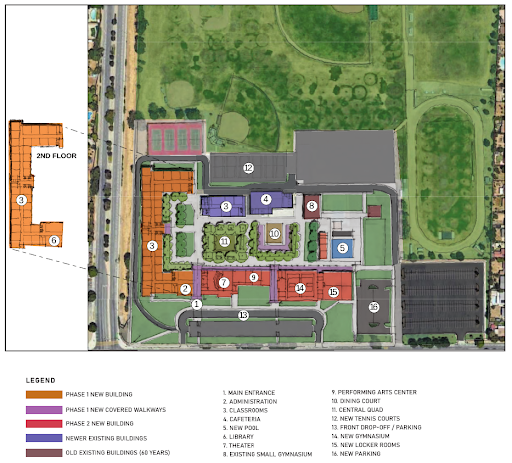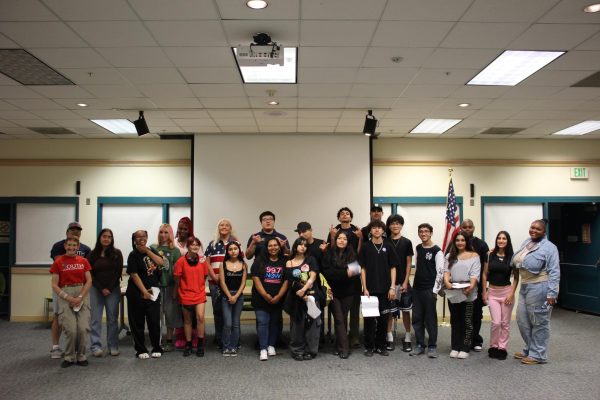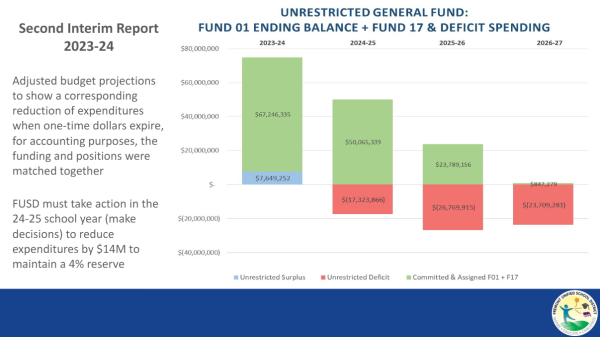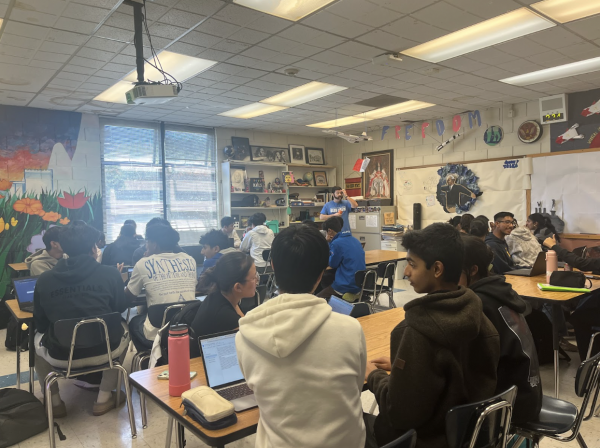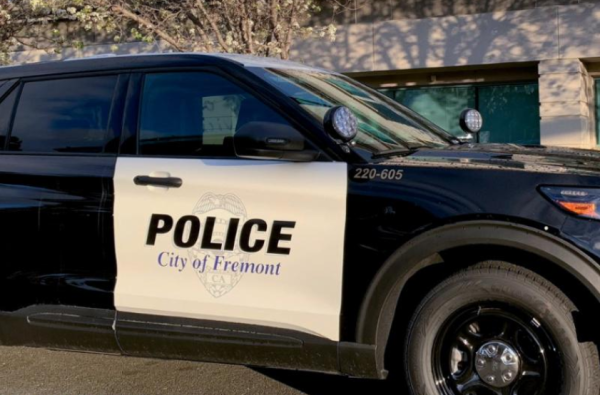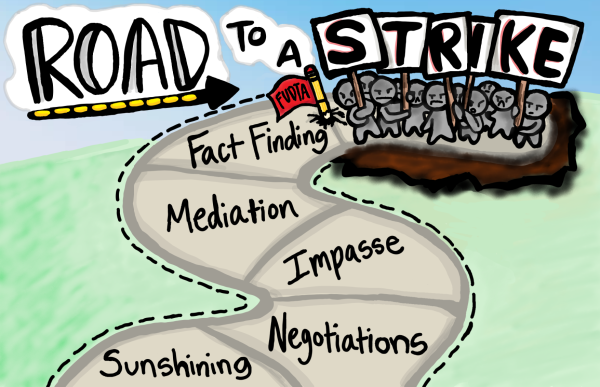UC Berkeley Admissions Reduction
The enrollment level at UC Berkeley, California’s flagship public university, has increased by more than 20% between 2011 and 2021.
UPDATE 03/15/2022: On Monday Mar. 14th, Governor Gavin Newsom signed a new law to undo the enrollment freeze mandated upon UC Berkeley by the courts. The law included reforms to the California Environmental Quality Act (CEQA), which was the regulation Berkeley residents pointed toward when suing the university over concerns about the increasing enrollment. This is an ongoing news story and will continue to be updated as more developments come about.
The University of California, Berkeley may be forced to limit student enrollment by as many as 3,050 students for Fall 2022, according to a decision issued on Feb 10th. 2022 by a California Court of Appeal. This decision was also affirmed by the Supreme Court of California on Mar. 3rd, which may require California’s top-ranked public university to reduce admits by more than 5,000 students and enrollment levels by as many as 3,050 students.
The decision stems from a legal battle between UC Berkeley and Berkeley’s residents, especially resident groups such as Save Berkeley’s Neighborhoods. This local activist nonprofit claims UC Berkeley is not providing enough housing to students while increasing enrollment numbers each year. Save Berkeley’s Neighborhoods sued UC Berkeley in 2019, arguing that the university was defying the requirements of the California Environmental Quality Act (CEQA) by increasing student enrollment without analyzing the environmental impact of this increase.
An enrollment cap had already been issued in August 2021 by the Alameda County Superior Court, which ruled that UC Berkeley must freeze enrollment at 2020-21 levels until it can precisely assess the impact of increasing enrollment on the local housing and environment. Although the university did release an EIR (Environmental Impact Report) since then, Save Berkeley’s Neighborhoods and the court maintained that it only assessed the impact on the campus, not the city and neighborhoods themselves. A reduction in enrollment to the same level as the 2020-21 academic year would be a severe one, since the 2020-21 enrollment was unusually low due to the pandemic. However, UC Berkeley is looking to implement a workaround to avoid such a huge reduction.
“The university did say it wasn’t going to be as big of a cut as they thought, by having freshmen learn online for the first semester,” said Ms. Wendi Bennett, one of the counselors at Irvington. “As the numbers drop in the second semester, with students needing one semester to graduate leaving, it will open up some space for the freshmen to then go in-person in the second semester.”
Currently, the university projects that they could reduce their in-person enrollment by 2,629 students instead of 3,050 students by admitting some freshmen and having them attend their first semester remotely.
The university predicts it will lose at least $57 million in tuition from the current reduction ordered by the court. This may severely impact the quality of education and services it can provide, such as its ability to “provide financial aid for low and middle-income students” and “adequately fund critical student services.”
Additionally, because most graduate student admission offers have already been sent, the reduction will likely impact undergraduate students the most. Although it will certainly affect Irvington students that have applied for undergraduate admission to UC Berkeley, the university is looking to prioritize in-state students.
“It’s definitely going to affect students being admitted but not all students equally,” said Ms. Bennett. “It seems like they were going to look more at the out-of-state or international students.”
UC Berkeley calls the latest ruling on March 3rd “disheartening” but expresses that it will do whatever possible to “mitigate the harm to prospective students.” The exact impact on enrollment may become more clear soon as undergraduate admissions decisions are released in the last couple of weeks of March.
“I do think it will have a trickle effect.” says Ms. Bennett. “Citizens in other places could start going up to colleges saying ‘You know what happened there?’ and pointing at UC Berkeley’s case.”



